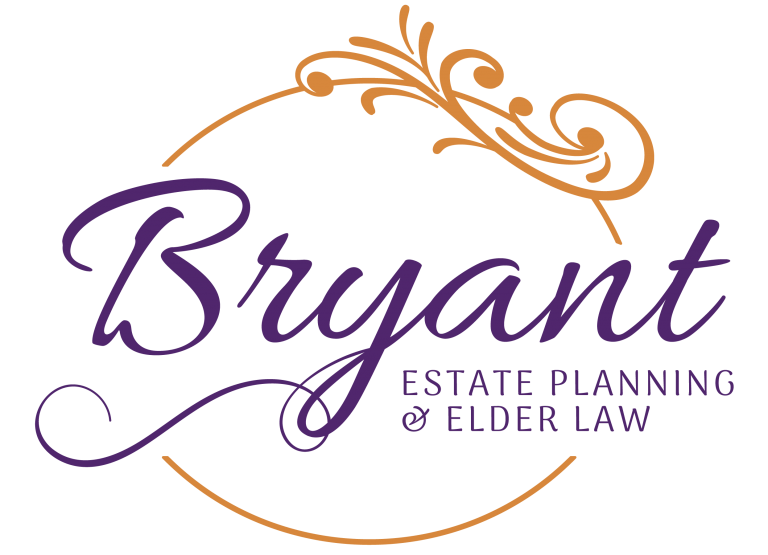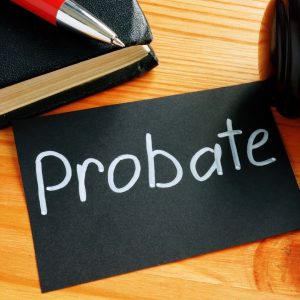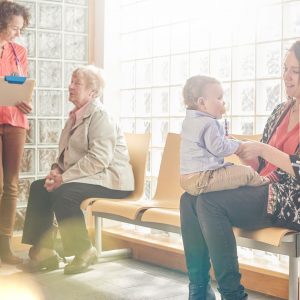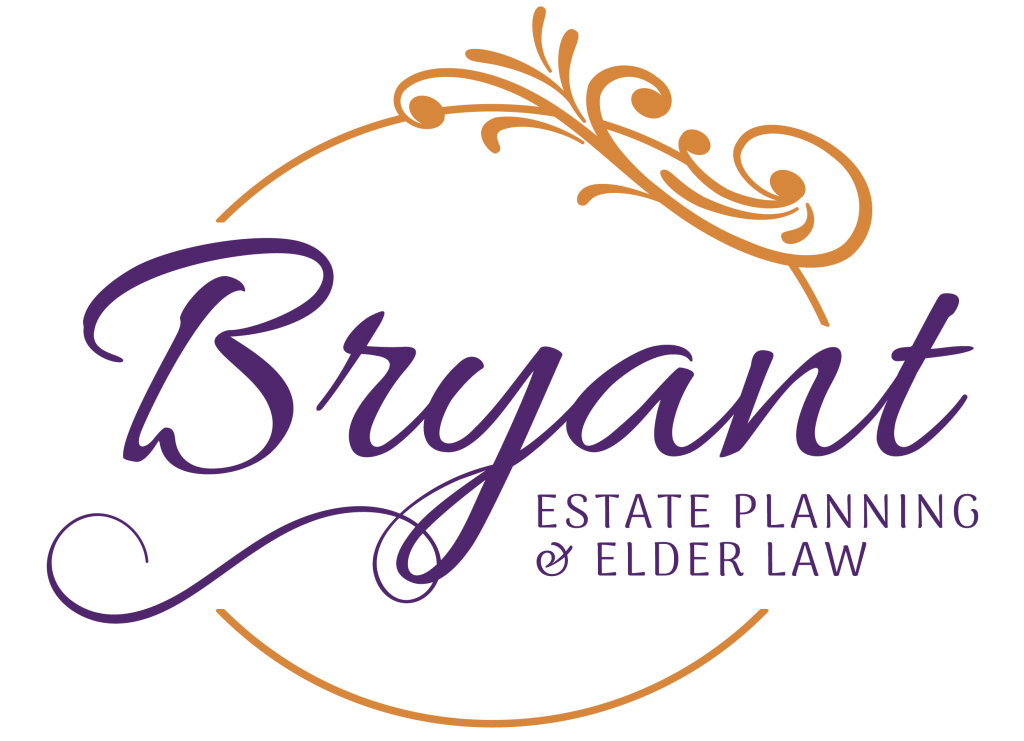Elder Abuse and Neglect: Understand and Recognize the Signs
World Elder Abuse Awareness Day (WEAAD) was launched on June 15, 2006 by the International Network for the Prevention of Elder Abuse and the World Health Organization at the United Nations. The purpose of WEAAD is to provide an opportunity for communities around the world to promote a better understanding of abuse and neglect of older people by raising awareness of the cultural, social, economic, and demographic processes affecting elder abuse and neglect. Please use the following information to educate yourself about the signs of elder abuse and neglect.
Elder abuse can happen anywhere – in someone’s own home, in the home of a relative, or in a care facility. As people grow older and more dependent on others, they become more susceptible to physical, emotional, financial, and sexual abuse as well as neglect by family or professional caregivers. Understanding the different types of abuse and the red flags to watch for are the first step in preventing and putting a stop to abuse.
Physical Abuse is any act causing harm. Hitting, shoving, pinching, biting, slapping or inappropriate use of restraints are all forms of physical abuse.
Possible Signs of Physical Abuse:
- Signs of injury such as bruises, welts, burns
- Fractures, dislocations, or sprains
- Misusing or not dispensing prescribed medications
- Increased agitation
- Weight loss
- History of similar injuries
- Suspicious explanations of how injury occurred
Emotional Abuse refers to one person subjecting another to confinement, isolation, verbal assault, humiliation, intimidation, or other acts which can harm them, elicit fear, or diminish feelings of self-worth.
Possible Signs of Emotional Abuse
- Insulting behaviors such as name calling or mocking
- Use of threats and intimidation
- Noticeable decrease in participation in activities
- Exclusion of others from elder’s environment
- Denying abuse (victim or caregiver)
- Blaming the victim
- Unexplained rocking or mumbling
- Caregiver appearing overwhelmed, frustrated, acting with disrespect
Sexual Abuse is manipulating or coercing an elder person to perform sexual acts of any kind.
Possible Signs of Sexual Abuse
- Bruises around breasts or genitals
- Unexplained vaginal bleeding
- Unexplained STD’s or infections
- Increased difficulty walking or sitting
- Depression or withdrawal
Display of anxiety or fear around caregiver
What to do if you suspect abuse of any kind? Call Adult Protective Services and file a report. If the suspected abuse is occurring inside a care facility, contact your local Ombudsmen. This may be done on the phone or in person and if you desire, can remain anonymous. Alerting APS or the Ombudsmen is an important step to help keep a senior safe!
To discuss this with an experienced elder law attorney, contact our offices today.
Thank you to Kathy and Karl Winkelman of Senior Care Authority (Phone: 408-221-9460) for this valuable information. Senior Care Authority provides hands-on assistance, support and resources for families seeking the best residential options for seniors, ensuring that they receive the necessary care. Our company has a network of professionals throughout the country who provide elder care consulting and placement assistance.




